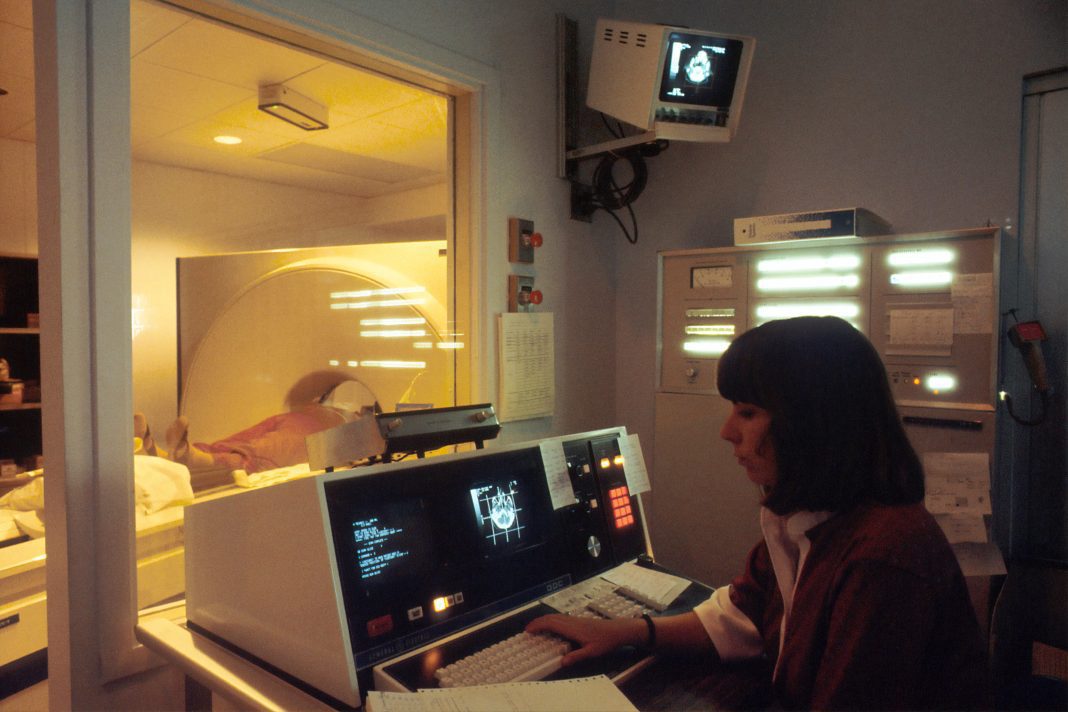Screening Mammography: According to a new study, by the Harvey L. Neiman Health Policy Institute and the American College of Radiology’s National Mammography Database Committee, the most influential radiologist characteristics impacting mammography interpretive performance were geography, breast sub-specialization, performance of diagnostic mammography, and performance of diagnostic ultrasound.
Published June 22 in Radiology, the study analyzed 11 years of screening mammography performance metrics from the National Mammography Database (NMD). From this dataset, researchers found that radiologists in the West or Midwest, breast subspecialists, and those who perform diagnostic mammography were more likely to achieve acceptable performance across a range of metrics. Those who perform breast ultrasound were less likely to achieve acceptable performance across metrics.
Researchers say that despite wide variation across radiologists in the accuracy of mammographic interpretation, factors that predict performance are poorly understood.
“It was interesting that in many cases certain characteristics predicted higher performance in some areas and, at the same time, lower performance on others,” said first author Cindy Lee, MD, FACMQ, FSBI, Assistant Professor of Radiology at NYU Grossman School of Medicine. For example, radiologists who are in academic practice, are breast imagers, and with more years in practice are more likely to have higher recall rates, but they are also more likely to detect higher proportions of ductal carcinoma in situ, have higher cancer detection rates, and higher invasive cancer detection rates — critical measures for reducing breast cancer mortality. “This example highlights the importance of assessing performance across measures holistically versus individual metrics in isolation, supporting guidance in the ACR BI-RADS atlas” Dr. Lee explained.
This study has the largest sample of radiologists with verified demographic and workforce data and interpretive screening performance in the United States. Of the 1,223 radiologists studied, 31.7% of radiologists had acceptable performance for all metrics, based on external benchmarks. For each metrics individually, 52-77% of radiologists demonstrated performance in the acceptable range.
“Most mammograms performed in the United States are interpreted by general radiologists and not by breast subspecialty radiologists, who account for less than 10% of all radiologists,” said Andrew Rosenkrantz, MD, MPA, lead study author, professor and Director of health policy in the Department of Radiology at NYU Grossman School of Medicine and a Neiman Institute senior affiliate research fellow. “As the U.S. population ages and greater numbers of women comply with screening guidelines, the demand for all radiologists to interpret screening mammograms is anticipated to increase. Hence, attention to the interpretive screening performance of all radiologists is critical, and strategies to improve interpretive accuracy among generalists would be beneficial.”

